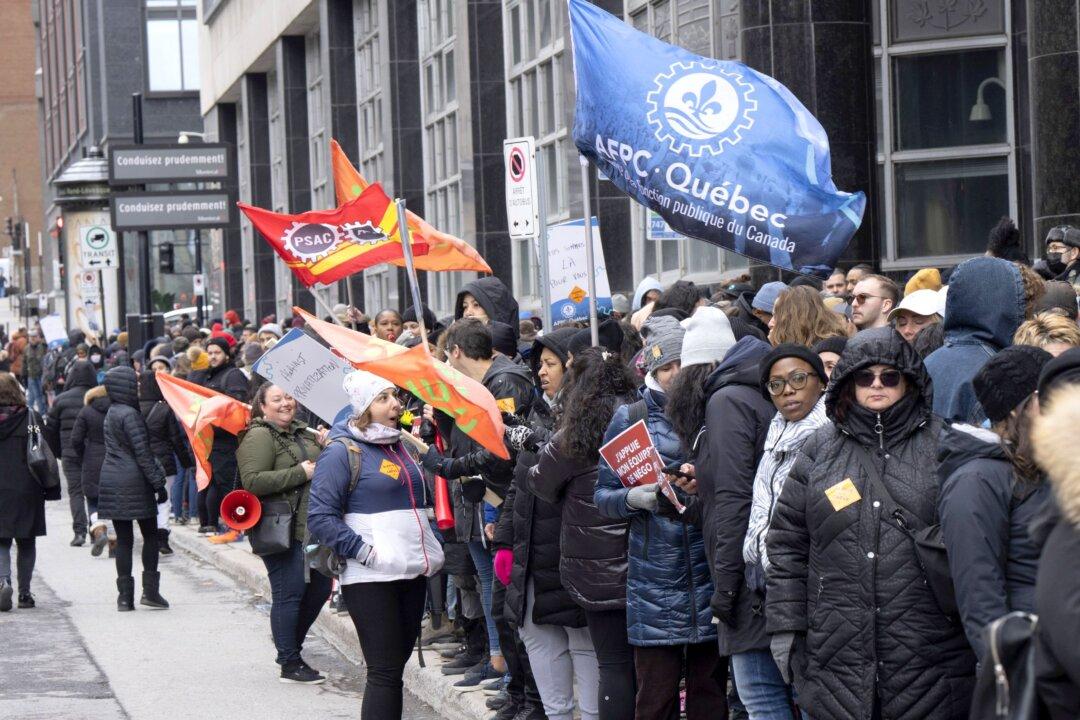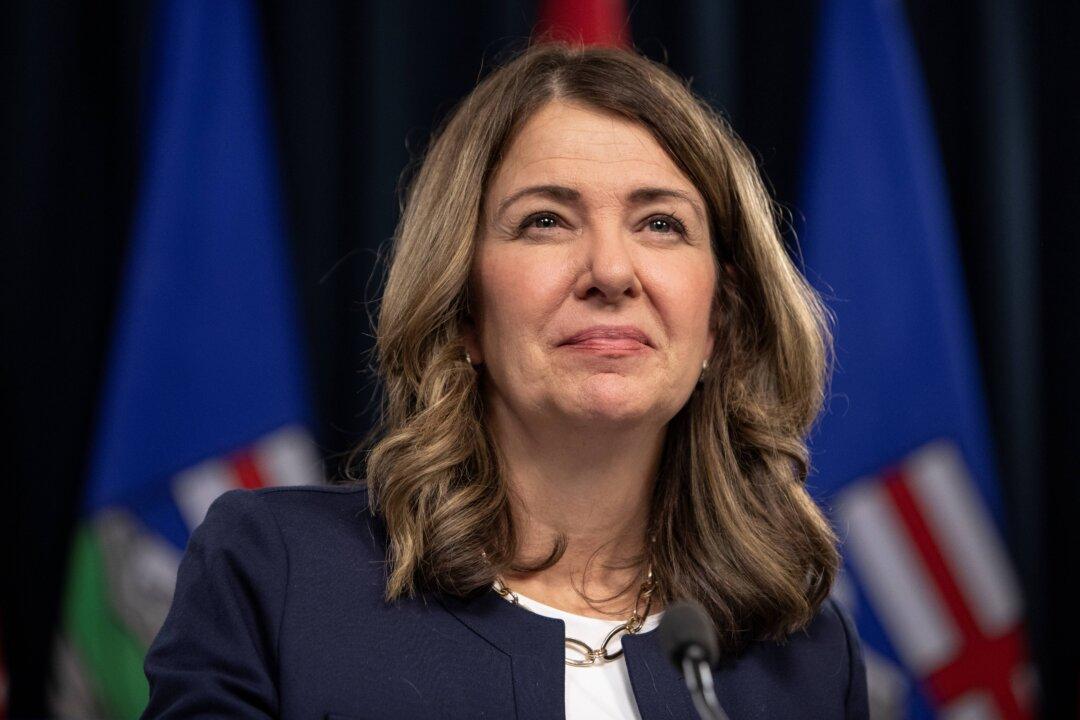More than 155,000 members of the Public Service Alliance of Canada union began striking on April 19, in what could be the largest federal public service work stoppage since 1991.
“We truly hoped we wouldn’t be forced to take strike action, but we’ve exhausted every other avenue to reach a fair contract for Canada’s Federal Public Service workers,” said PSAC National President Chris Aylward.





